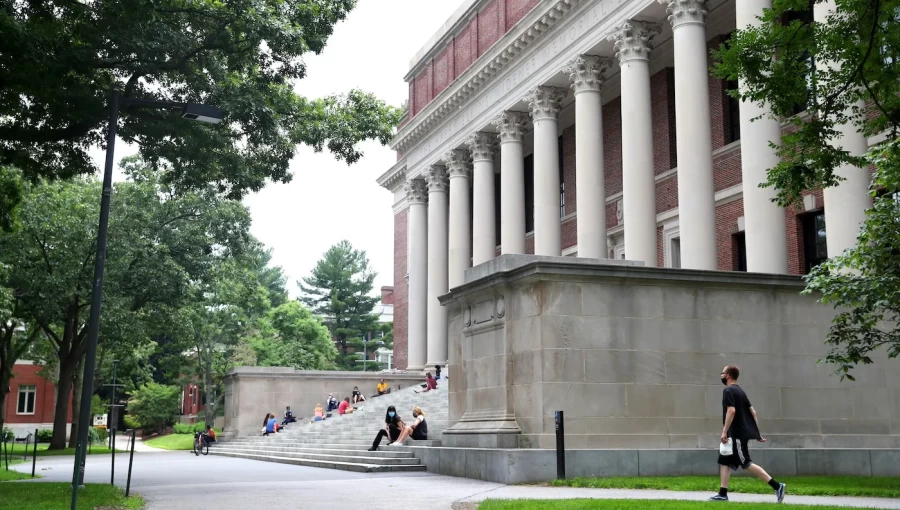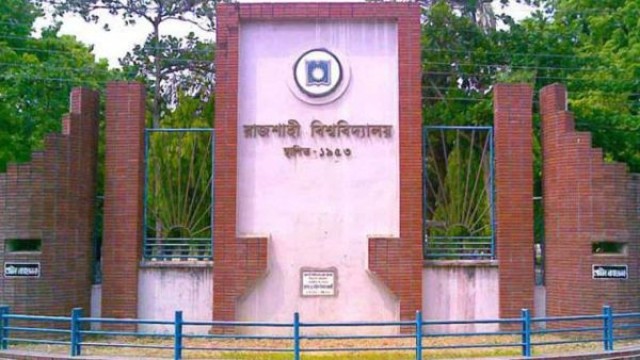Pacific Islander, 22 Aug (v7n)- The Massachusetts Institute of Technology (MIT) has reported a significant decline in the racial and ethnic diversity of its incoming freshman class following the U.S. Supreme Court's 2023 ruling that banned the use of race as a factor in college admissions. This year's freshman class saw only 16% of students identifying as Black, Hispanic, Native American, or Pacific Islander, a sharp drop from the 31% seen in previous years.
The proportion of Asian American students in the incoming class increased from 41% to 47%, while the percentage of white students remained consistent with recent years. MIT officials attributed these changes to the Supreme Court's decision, which ended the decades-long practice of affirmative action used by many U.S. colleges to boost the enrollment of underrepresented minority groups.
The Supreme Court case, which involved Harvard University and the University of North Carolina, centered on the argument that race-conscious admissions practices were essential for promoting diversity and offering broad educational opportunities. However, the conservative-leaning Court ruled that such practices violated the U.S. Constitution's equal protection clause.
MIT President Sally Kornbluth expressed concern over the impact of the ruling on the diversity of the Class of 2028. She emphasized that while the class is outstanding in many respects, it does not bring the same level of racial and ethnic diversity that the MIT community had worked to achieve over the past several decades.
This year's freshman class at MIT consists of 5% Black, 1% American Indian/Alaskan Native, 11% Hispanic, and 0% Native Hawaiian/Pacific Islander students. In contrast, the previous four classes had higher percentages, with 13% Black, 2% American Indian/Alaskan Native, 15% Hispanic, and 1% Native Hawaiian/Pacific Islander. The rise in Asian American students to 47% from 41% and a slight decrease in white students from 38% to 37% were also noted.
In response to the ruling and its effects, U.S. colleges, including MIT, have been revising their recruitment and admissions strategies. Kornbluth acknowledged that MIT's current efforts were insufficient and announced plans to enhance outreach, particularly by better advertising the school's financial aid programs and expanding access to science and math education for young students across the country, in hopes of mitigating the enrollment gaps caused by the ruling.































Comment: